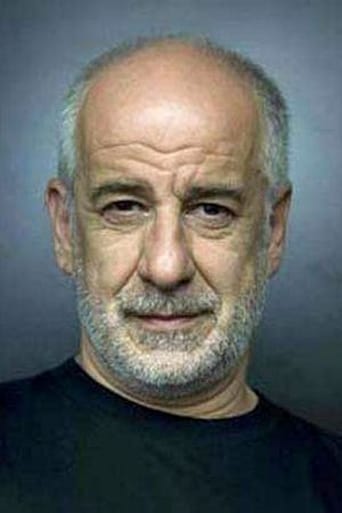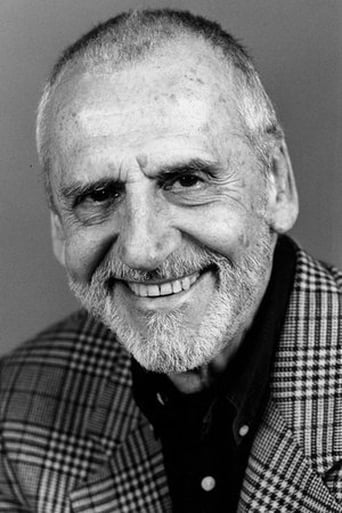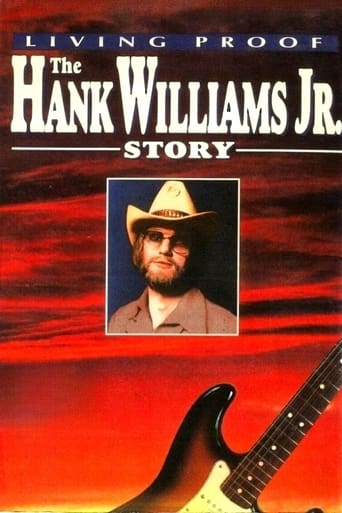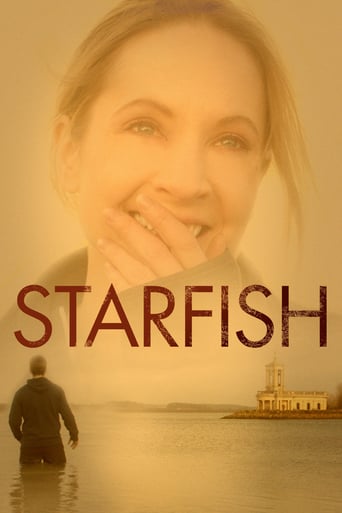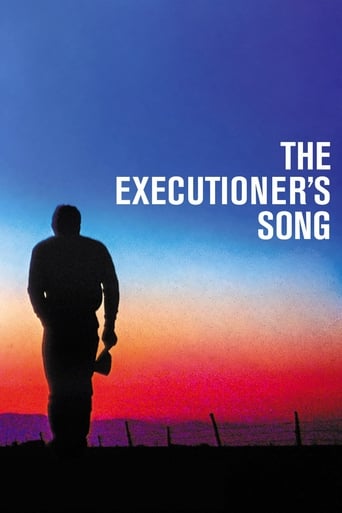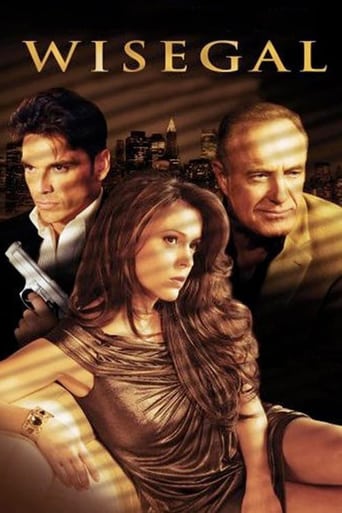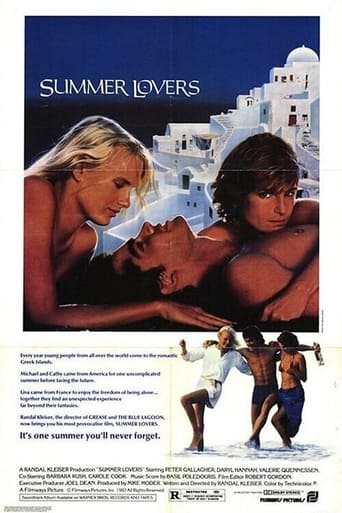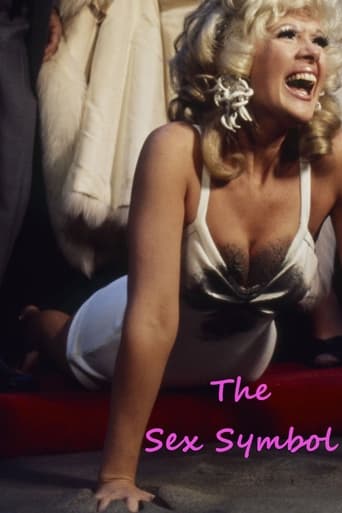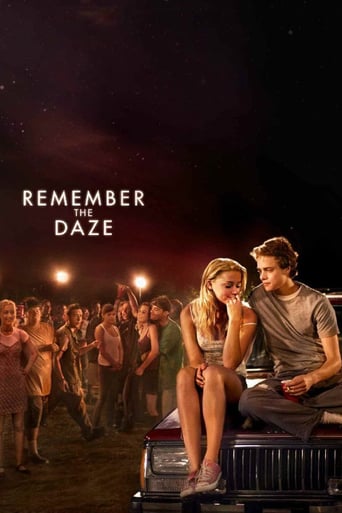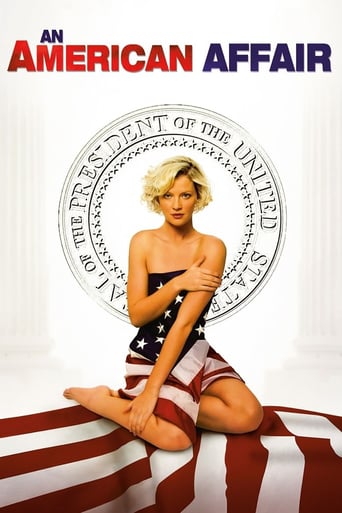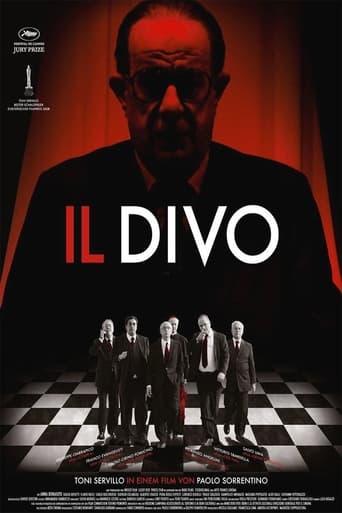
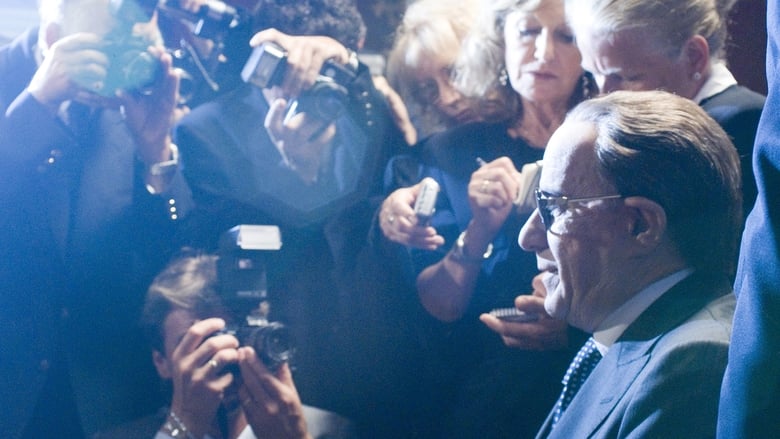
Il Divo (2009)
Italy, early '90s. Calm, clever and inscrutable, politician Giulio Andreotti has been synonymous with power for decades. He has survived everything: electoral battles, terrorist massacres, loss of friends, slanderous accusations; but now certain repentant mobsters implicate him in the crimes of Cosa Nostra.
Watch Trailer
Cast


Similar titles
Reviews
For over 50 years, seven- time Prime Minister Giulio Andreotti ruled as the most fear politician in Italy. He was accused of masterminding a Mafia/Neo Fascist/ Vatican conspiracy to kill leaders in the Italian's government which includes party members, judges, and government journalists. Based on those true events, the movie follows that guideline in telling the life of the man known to the public as "the black pope', 'Beelzebub' and "Il Divo' brilliant play by Toni Servillo and directed by Paolo Sorrentino. Toni's Andreotti look like the Six Flag Guy if only he was a gangster. His rigid gestures and the cruel language of his voice and use of his word gives you reason why they call him the 'Prince of Darkness' and 'Hunchback'. Politics is everything to him, and politics means the pursuit of power. He is willing to get it in any cost. The movie is violence—but respectable with it. It's hard to say, if Giulio Andreotti did all those stuff, that he was accused of, but it's seems more truth than fiction. Just the fact that he repeated convictions for Mafia ties in the past decade, remains the title of "senator for life" shows how much power this man had. As of this writing, the man behind of the movie, is still alive, and not in jail. It's tells you a lot about politics in Italy. Thus it felt like a politically charged movie. The film fails to live up to the subtitle 'The extraordinary life of Giulio Andreotti". It's mostly focus on his so-call crimes, and accused acts with the Mafia, barely about the life of the man at all. The movie shows how he been able to get close to getting catch, but end up getting away. The movie pace is slow at times, and feels kinda wordy and philosophy. The cinematography is amazing; angle shots of some scenes may ask you, how on earth did they film it in that angle. Great use of props and locations, the use of slow movements frames and lights in the scenes is awesome! The text describing the names and job of the characters listed is a bit too small to see, would advices watching the movie with sub-titles. The background music is catchy. Mixed with the classic music, drumming, Italian pop and modern electronic music, the use of playing and stopping the music mid-through it, when something dramatic happens, and then picks up after it, is chilling. The use of background sounds like whispers, trains, tape rewinder, are well-used to depiction an inside look of the mind of the man. There seems to be a Godfather feel to the movie, to the point, that the fictional character Don Licio Lucchesi from the movie The Godfather Part III, a high-ranking Italian politician with close ties to the Mafia, was modeled on Andreotti's ties with the Mafia. Those who doesn't know anything about Italian history, will figure out in the first 5 minutes opening of the movie Il Divo that will definitive summary of Italian political history where sadly corruption and murder is the key to power. Watch the cold, detached, and analytical movie throughout, and ask yourself when finish. How does a man like this get away with murder? Not all movies, the good guys win and the bad guys pay the price for their crimes.
Il Divo charts the vast and eventful reign that former Italian prime- minister Giulio Andreotti had over Italy. He served as prime minister a number of times between 1976 and 1992, and also held positions of Defence Minister and Foreign Minister. During this time he was widely believed to have strong links to the Mafia, and was placed on trial in the late 1990's for his involvement in the murder of a journalist who was suggested to have held documents that strongly implicated Andreotti in criminal activities. The film jumps back and forth in time, and shows Andreotti's enigmatic presence of almost divine levels, and his guilt over his refusal to negotiate in the kidnapping and eventual murder of fellow Christian Democrat Aldo Moro.This is no ordinary biography. It is an unconventional, highly stylised comedy-drama that is infuriating, exciting, informative and exhausting. Director Paolo Sorrentino throws so many facts, figures and names at you in rapid fashion that it all becomes a blur, it is near impossible to keep up, especially if your knowledge of Italian politics around this time is slim (which was the case for me). But it eventually becomes clear that all this information is irrelevant. It's simply a way to show just how involved Andreotti was virtually everything that happened. He was so influential, so powerful that nothing escaped him. And nothing could touch him.Toni Servillo's simply brilliant performance conveys everything you need to know about Andreotti. He is not physically intimidating, but instead he is hunched, softly-spoken and extremely strange-looking. But Andreotti does not need to move for anyone. His extreme intelligence and near-supernatural ability to get out of situations by doing next to nothing only increases his divine status. We see the best and worst of Andreotti, but Sorrentino is not trying to force an opinion of him out of us, but instead he has directed an outrageous film about an outrageous man. 'Il Divo', literally translated, means 'the star', but suggests 'the divine one', and was the nickname given to Julius Caesar.www.the-wrath-of-blog.blogspot.com
A beautiful film; exquisite cinematography, locations and costumes. The acting is excellent throughout and the whole film has a fantastic soundtrack and audio mix.Il Divo is a surreal take on the real-life events of late twentieth- century Italian politics, centred on the life of long-serving politician Giulio Andreotti. For non-Italians and those unfamiliar with the subject matter, it might be best to watch the film twice and to read up on the facts of the story in between.Possibly, one of the most beautiful political thrillers ever made; dark, haunting, majestic and wonderfully bizarre.
Il Divo is a tremendous piece of style. The camera soars through complex settings in which countless people are being highly expressive in some way or another. Every other shot is in slow motion. Cuts never hide but outright snap as quickly as possible from shot to shot to shot. The soundtrack is rich with dynamic modern pop music. Captions are everywhere; some of them move, some of them inflexibly wait till the camera reaches a certain point in order to be legible, some are upside down, et. al. Sometimes, the camera calms down to focus on an actor doing something very interesting and moving, but those are comparatively less conspicuous.The film is a true story, and a widely known one in its home land, Italy, one about the corruption of power, the assault of religious guilt on an unrepentant conscience, the rise to excess and the beginning of an uncertain fall to the prospect of a soul's relieving punishment. It is a story that has been told for centuries, one that offers us no real surprises here, so instead it is awash in stylistic flourishes. That seems very vain and shallow, but such gesticulative hyperkinesis affords the film some very moving moments. Some are expository throwaways, which is just as well, but others are treated in that same manner, as mere fine points, when they betray epic stories all their own. There is also an effective amount of time devoted to the central character's fear of God's judgment, and whether or not he inflects it to take the place of life's chance occurrences or the existence of one's responsibility for his own choices.Il Divo is so pumped with testosterone, never slows down, always has something eye-popping, indeed often just distracting, to throw at us, and like a lot of masculine flaunting, it seems to compensate for a lack of something else. But that's not quite the case here. Yes, the film is all style. But the story is not lathered on top of it. It is the cloth with which all that showing off is done. The dialogue in itself is both plentiful and fancy. The way the characters talk to each other has an aphoristic form and a philosophical undertone. For instance, "I know I am an average man but I look around and see no giant." There is a lot of info-dumping with book-ending title cards and myriad captions among other avenues of squeezing out all facts and fine points, but as complicated as the plot is, and as quickly as it is developed in scenes like the almost whirlwind-speed Mafia meeting, the actors are particularly strong and all have the power to wrestle their scenes away from the clockwork narrative and have them stand out as their own beasts, sometimes through blazing emotional deliveries of exchanges, monologues and even soliloquys, and sometimes through simple emoting that winds up pushing all the stylized clutter to the edges of frame to function at just the right pitch to complement such facial expressions and halfway teardrops. I struggle to recall any other film in recent memory in which such seemingly insignificant characters have unraveled so briefly and brought me to tears with such feeling command.So obviously, the film is highly expressionistic, almost baroque. Toni Servillo's make-up job as Giulio Andreotti, the title figure, is very elaborate and the details of his ears, hair, glasses, facial lines and tightly wound upscale dress sense are screamingly defined and allow him to underplay the role to the point where he is almost an oil painting save for his sporadic jolts of tremendous emotional build-up. The food critic Anton Ego in Pixar's Ratatouille comes to mind. Not every actor here is endowed with this advantage, but they do all have emboldened distinguishing characteristics. Despite those few very touching moments and certain powerful images, often spectacle-driven but sometimes not, the brandishing nature of director Paolo Sorrentino's stylisic proficiency keeps us too distant from his real subjects and the heart of the matter. Regardless however, the actors and the prose they perform rebel against such oppression and do some intense brandishing of their own.


